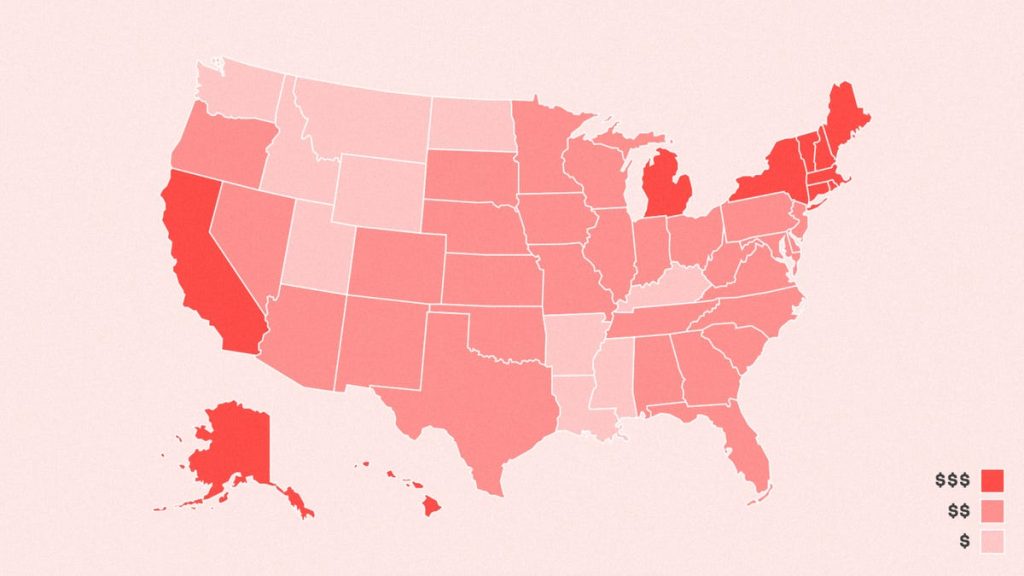There have been significant changes in the energy market in recent years, with entire regions, states, and municipalities now offering different energy options, challenges, pros, and cons. Some states have deregulated energy markets, providing consumers with more power and choices, while others maintain traditional methods. However, the impact of deregulation on electricity rates is a topic of debate among experts. While some argue that deregulation leads to lower prices, others are skeptical about guaranteed savings. The decision to choose a new energy supplier often boils down to whether one can save money by switching based on their current electricity costs.
When comparing the average electric bills and rates in each state, there is a notable variation in prices across the country. States like Hawaii, California, and Massachusetts tend to have higher electricity rates, while states like Nebraska, North Dakota, and Idaho have lower rates. Factors such as delivery charges, base charges, and early termination fees should be carefully considered when choosing an electricity provider. It is essential to conduct thorough research and pay attention to details like the electronic facts label to ensure a satisfactory experience and avoid potential scams or hidden fees.
In a deregulated market, customers may have the option to choose from various types of energy plans, each with its own set of advantages and disadvantages. Fixed-rate plans offer stability and predictability by charging a consistent rate over a specified period, while variable-rate plans allow flexibility but can result in fluctuating prices based on market conditions. Time-of-use plans, green energy plans, and prepaid plans are other options available to consumers seeking alternatives to traditional energy sources. Understanding the terms and conditions of these plans is crucial in making an informed decision about the most suitable option.
For individuals moving to a state with a deregulated energy market, the process of choosing an energy provider can be overwhelming due to the vast array of choices available. Trusting credible sources like the public utility commission and conducting thorough research can help consumers navigate the complexities of selecting an energy supplier. While there is always a level of risk associated with purchasing energy from a deregulated supplier, the public utility commission serves as a reliable source of information to guide consumers in making informed decisions about their energy providers.
Overall, the goal of deregulation is to provide consumers with more options and control over their energy consumption. By understanding the different energy plans, rates, and providers available in their area, individuals can make informed choices that align with their preferences and financial goals. While the energy market continues to evolve, staying informed and seeking advice from reliable sources can help consumers navigate the complexities of choosing the best electricity rates and providers for their needs.


